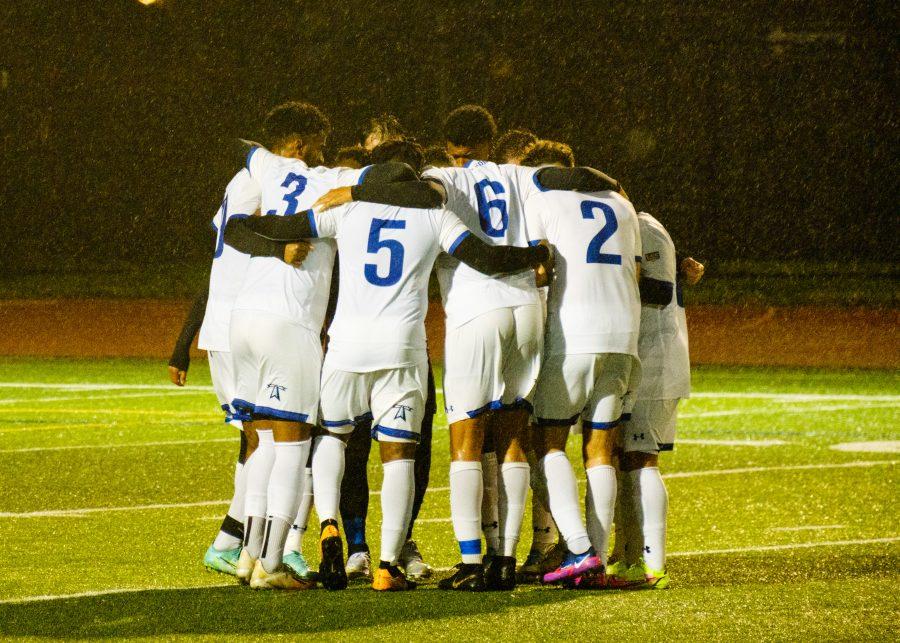Team sports are an integral part of the American education system. From March Madness to huge stadiums filling up to watch college football games, team sports are a critical aspect of education in the United States. However, the majority of people going through high school and college often neglect to join team sports, for one reason or another. This is unfortunate because the fact is, lessons learned as a part of team sports often teach critical life lessons that lead to students be better in society and in the classroom.
Team sports teach a great deal about teamwork, a critical skill in both the classroom and the workforce. Team sports require you to perform team-intensive activities, often in a limited time. This skill is easily transferable to the classroom, where professors often assign group projects. Group projects force students to take on different roles within a common goal to effectively complete the task at hand. Apart from group projects, students often effectively study in groups. Studying in groups allows all group members to learn from each other and expand their confidence entering an exam. Although this seems quite obvious, team sports effectively allow for students to learn effective teamwork and communication skills that can easily be transferred to the classroom.
Apart from teamwork, team sports increase critical thinking and allow you to experience stressful situations with few actual ramifications on the line, generally speaking. Team sports allow you to experience time-sensitive situations that often force you to quickly think and improvise. In the case of sports like basketball, soccer and football, you might find yourself left with just seconds on the clock. These situations, with limited time, force you to think outside the box for solutions that the opposing team might not think of. This critical thinking experience amid time pressure is easily seen in the classroom, with timed exams occurring all the time in college. The experience seen on the field is critical in expanding your critical thinking skills in the classroom.
Another huge aspect of team sports is the community aspect. Ask anyone who’s been involved in team sports and they’ll tell you how important the community aspect is to them. Whether it’s getting food with your team after games or texting in the team group chat, teams foster a great sense of community. This community outside of the field often leads to better performance on the playing ground, enhancing the team’s ability to perform as a team. The community also allows for team members to feel accepted and welcome. Whether it’s a long-time team member or a rookie, athletic teams have a keen ability to bond together as a group, with a shared goal of team chemistry and the ability to perform well in game situations.
Team sports also foster an extremely important skill for anyone pursuing a degree. Team sports allow you to experience hardship and failure, something that some people have never experienced. If your team loses, the following hours and days are often filled with frustration, blame and anger overall. Losing is never fun, but it’s often the response to losing that defines one’s season. It’s easy just to stay in your sadness and frustration, but it’s extremely hard to pick yourself up and fight harder the next week. Failure can also be seen in the form of someone getting dropped to the bench or cut from the team. Being cut from the team or warming the bench is an extremely hard and sad situation for many athletes, particularly if they’ve been practicing for a while. Picking yourself up after such a situation is critical in recovering from such an emotionally stressful situation.
Team sports are often stressful, but when you get to the source, the skills you can learn on the field are very applicable to the classroom. Team sports are also a great source of de-stressing and lead to less anxiety in your life. I would encourage anyone to pick up a team sport. Even something as simple as ping-pong teaches you really important skills that allow you to expand your experience, learn new skills and perform better in the classroom.
How team sports can help you in the classroom
The UMass Boston men’s soccer team in a huddle before last month’s game against WPI. Photo by Josh Kotler / Mass Media Staff
Contributors
Matthew Reiad, Opinions Editor
Josh Kotler, Photographer

